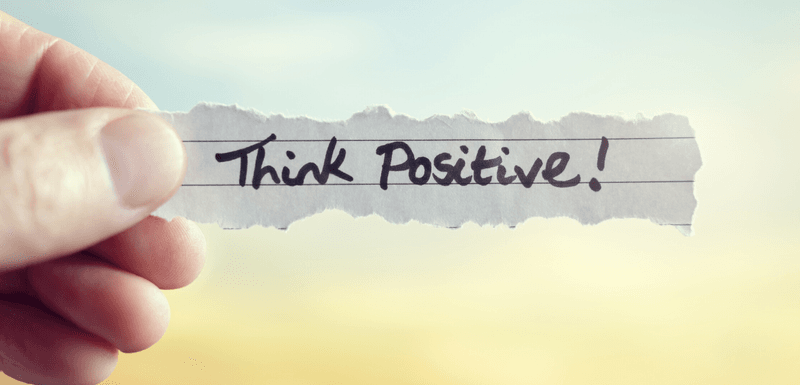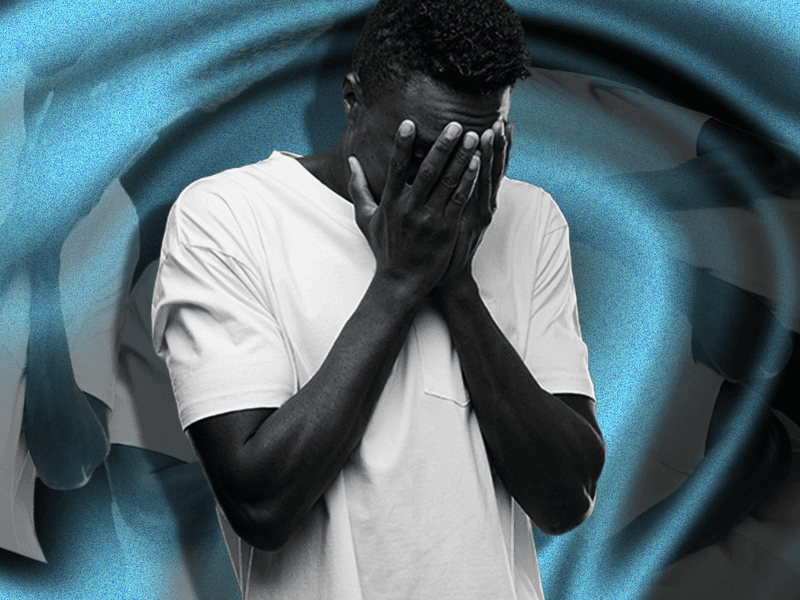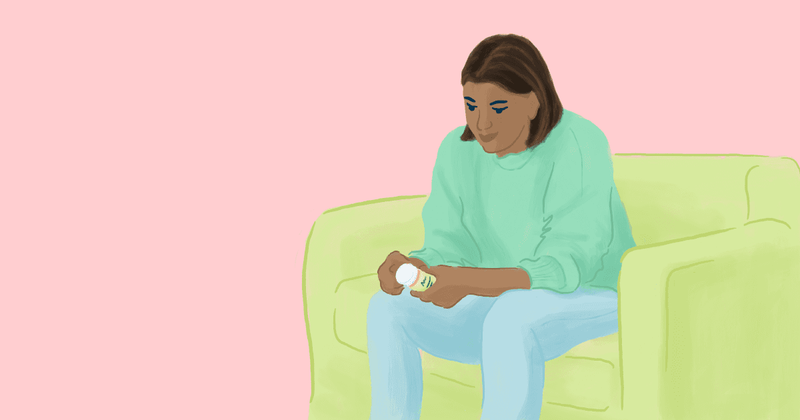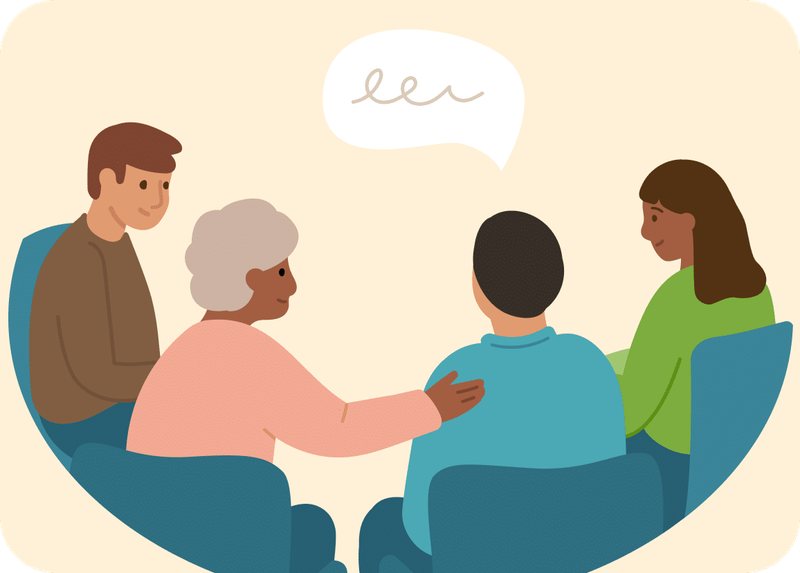Ever found yourself tiptoeing around someone who’s visibly weighed down by shame, yet somehow you manage to say exactly the thing that makes it worse? We’ve all been there, foot-in-mouth and all.
Here’s the honest guide—delivered with a wink and a hug—to the 15 phrases and behaviors to avoid if you actually care about helping, not hurting, someone carrying the burden of shame. Think of it as a soft place to land—where missteps are human, stories hit close to home, and you just might catch yourself laughing and cringing at the same time.
Ready to reflect on how far you’ve come (or how much you still need earplugs)? Let’s make warm, awkward humanity feel a little less awkward, together.
1. “Just Snap Out of It!”
Picture this: You’re already carrying a backpack full of bricks labeled “shame,” and someone breezily suggests you just shrug it off like it’s a paperclip. The phrase “Just snap out of it!” is the emotional equivalent of telling a computer with a virus to simply stop being infected. It’s not only unhelpful—it’s a masterclass in missing the point.
Most of us have heard this, and maybe even believed it for a split second. But growth means realizing that feelings don’t come with an off switch, and resilience isn’t about silencing pain on command. The moment you stop expecting yourself to immediately bounce back, you start treating yourself like a human, not a faulty appliance.
So if you ever catch someone tossing this phrase your way, mentally hit “mute” and remind yourself: healing is a process, not a pep rally. You’re not lazy, defective, or dramatic—you’re just working through real things, at your own pace. That’s not weakness; that’s courage, plain and simple.
2. “Everyone Feels That Way Sometimes”
“Everyone feels that way sometimes.” Oh, the classic! If I had a dollar for every time someone minimized my emotional tornado with those words, I could buy coffee for everyone reading this. The intent might be comfort, but it usually lands as a big ol’ invalidation pie to the face.
Sure, everyone gets sad or anxious, but not everyone’s sadness feels like a ten-ton boulder. The phrase implies your pain is just a passing drizzle, not a monsoon, and that you’re being a little extra for needing help.
Instead of feeling seen, you end up feeling like the world’s most sensitive snowflake. But here’s the flip: recognizing that your experience is unique is actually empowering. So celebrate your complexity—your feelings are valid, even if someone else has tried to give you the “average weather report.”
3. “You Just Need to Think Positively!”
If toxic positivity had a slogan, this would be it. You’re knee-deep in complicated emotions, and someone hands you a motivational mug as if it’s an antidote. Being told, “You just need to think positively!” feels like having duct tape slapped over your feelings.
This phrase implies that your struggles are just a bad mood you could doodle away with some upbeat affirmations. Real growth is knowing that positivity isn’t a magic eraser—sometimes, it’s just a well-decorated bandaid.
Shifting from guilt to acceptance takes more than a new mindset—it takes support, honesty, and, occasionally, a little sarcasm. Don’t let anyone convince you that your shame is just a “glass half empty” problem. Your pain is valid, and no amount of sparkly quotes will change that.
4. “But You Have So Much to Be Happy About…”
You know those times when you’re drowning, and someone hands you a list of reasons you shouldn’t need a life preserver? That’s what this phrase feels like. People love to inventory your blessings as if gratitude can magically banish shame.
This moment usually comes with a side of guilt—like you’re failing at “being grateful” on top of everything else. That’s a lot of emotional gymnastics for one person to perform. But guess what? You’re allowed to feel both thankful and deeply uncomfortable at the same time.
The real glow-up is embracing the messy complexity of being human. Celebrating what you have doesn’t mean pretending your problems don’t exist. And frankly, trophies don’t keep anyone warm at night—real support does.
5. “What’s Wrong with You?”
There’s nothing quite like being asked, “What’s wrong with you?” to make you want to disappear completely. It’s the fastest way to make shame grow three sizes in three seconds. Suddenly, you’re not just struggling—you’re broken, defective, and in need of fixing.
If you’ve ever felt like someone was looking for the user manual to your soul, you’re not alone. The real plot twist? There isn’t one. Growth comes when you realize you’re not a malfunctioning robot—you’re just a person working through stuff.
You don’t owe anyone an explanation for your feelings, and you certainly don’t have to justify your humanity. The next time you’re on the receiving end of this question, remember: there’s nothing “wrong” with being human.
6. “You Don’t Seem Depressed”
Ever been told, “You don’t seem depressed”? It’s the emotional equivalent of “You don’t look sick.” Just because you’ve managed to put on pants and show up doesn’t mean you’re having a parade inside your head.
This phrase misses the invisible battles happening beneath the surface. Shame thrives in the shadows, especially when you’re expected to prove your pain.
Owning your truth means knowing it’s okay to feel one thing and present another. You’re not obligated to perform your struggles for anyone’s benefit. Let’s leave the auditions to actors and let people feel what they feel without a scorecard.
7. “It’s All in Your Head”
Few things sting quite like hearing, “It’s all in your head.” Somehow, your pain is reduced to a figment, a glitch, a bad dream you should’ve woken up from by now. That’s not how shame or struggle works.
Picture telling someone with a broken leg to just “walk it off”—that’s this phrase, but for your mind. Growth means learning that invisible struggles are just as real as the ones people can see.
You’re not making it up, exaggerating, or being dramatic. Your experience is real, and you deserve support—not skepticism. Next time you hear this? Channel your inner rebel and claim your story as your own.
8. Unsolicited Advice Overload
Who needs Google when everyone’s got a quick fix for your problems? “Have you tried yoga?” “Maybe essential oils?” When advice pours in uninvited, it’s less helpful and more like emotional spam.
This phrase often comes with a sprinkle of well-meaning, but it’s exhausting. Growth is realizing you don’t need to crowdsource your healing journey. Sometimes, silence or just a listening ear is the real MVP.
The next time someone whips out their personal solution kit, take a mental step back. You’re in charge of your own path, and it doesn’t have to include kale smoothies or unsolicited TED Talks. Permission granted to ignore the noise and tune into what actually serves you.
9. “Other People Have It Worse”
Nothing says “let’s invalidate your experience” quite like, “Other people have it worse.” Suddenly, your pain becomes a competition, and empathy is nowhere to be found. It’s like being told you can’t feel cold because Antarctica exists.
This phrase is meant to provide perspective, but it often just breeds silence and more shame. Emotional pain isn’t a contest, and comparing struggles never helped anyone heal.
Recognize that your feelings are yours—they don’t need to be measured against someone else’s worst day. Growth is finding compassion for yourself first, instead of trying to justify your suffering. Your story matters, even if someone else has a different one.
10. “I Got Over It, So Should You”
If only healing were as easy as following someone else’s recipe. “I got over it, so should you” is the comforting equivalent of handing someone a microwave dinner and calling it gourmet. Every journey is unique—even if Aunt Cheryl swears she “just decided to be happy” one morning.
This phrase turns recovery into a race, and shame gets to wear the referee’s whistle. You’re allowed to move at your own pace, and you don’t have to meet anyone else’s timeline for feeling better.
Personal growth comes from understanding that comparison is a thief—especially when it comes to emotional healing. Celebrate how far you’ve come, even if it doesn’t look like anyone else’s highlight reel.
11. “Are You Taking Your Medication?”
There’s no better way to feel spotlighted than being asked, “Are you taking your medication?” at the most public or inopportune moment. It’s the conversational equivalent of a klaxon, announcing your private life to the world.
This question often feels more like an accusation than genuine concern. Shame loves this one, because it implies you’re not trying hard enough, or that your struggles are your own fault.
The reality is: mental health management is personal and complicated. Growth is understanding that you don’t have to justify your journey or your choices to anyone. Your health, your business—full stop.
12. “This Is Just a Phase”
The phrase “This is just a phase” is the one-size-fits-all sweater nobody asked for. It’s dismissive, implying that your struggle is temporary, trivial, and not really worth addressing. The reality? Real emotions don’t expire with the calendar.
Sometimes, shame stems from feeling like you’re not being taken seriously. Growth is stepping out from under the shadow of being “just dramatic” and owning your experience, phase or not.
Your journey deserves respect, not a countdown clock. No need to rush your healing to fit someone else’s narrative. Take your time—phases are for the moon, not your emotions.
13. “Things Could Be Worse”
“Things could be worse” is the phrase that tries to be comforting but lands like a cold splash of water. It’s well-meant, but it discounts the storm you’re weathering. Someone always has it worse—but that doesn’t make your pain smaller.
You have permission to feel what you feel, even if someone else thinks you should be “grateful it’s not worse.” Growth is learning that compassion for yourself isn’t selfish—it’s survival.
Next time someone tries to hand out perspective instead of support, remember: your feelings matter, even if the world wants to shrink them. You’re allowed your raincloud, no matter how sunny it is somewhere else.
14. “I Can’t Handle This Anymore”
You know those moments when you’re barely holding it together, and someone says, “I can’t handle this anymore”? That’s when guilt and shame team up like a villainous duo. Your struggles become their burden, and suddenly you’re apologizing for just existing.
Growth is realizing you don’t have to shrink yourself for someone else’s comfort. Relationships are about support, not emotional arm-wrestling.
Give yourself permission to occupy space—even if someone says they’re overwhelmed. You’re not too much, and you’re not a problem to solve. The right people will stay, even when it’s messy.
15. Mental Health as a Punchline
Ever been around friends who use mental health struggles as a punchline? “I’m so OCD about my desk!” While meant to be funny, these jokes take your very real pain and turn it into a party trick. It’s a shortcut to feeling even more isolated.
The true growth moment? Not laughing along when it feels wrong—and recognizing you don’t have to minimize your truth for anyone else’s comfort. Humor can heal, but not when it’s at the expense of your lived experience.
Raise a metaphorical toast to boundaries. If your friends can’t handle it, maybe it’s time for new punchlines (and people) in your life. Your story is serious, even if the world sometimes forgets.
















